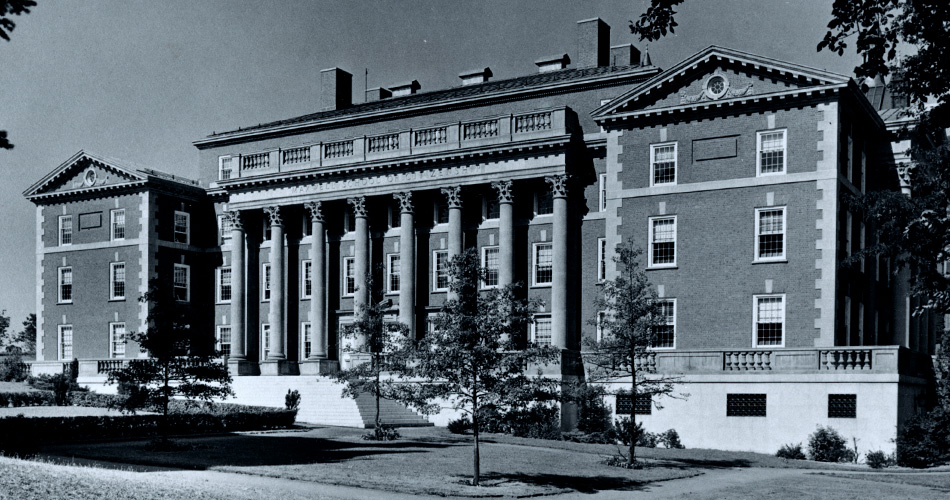TDPE presents: Remi Jedwab
341 Eggers Hall
Add to: Outlook, ICal, Google Calendar
Remi Jedwab on The Urban Mortality Transition and the Rise of Poor Mega-Cities
Remi Jedwab, George Washington University
Today the world’s largest cities lie in poor countries, unlike the historical norm. We use novel historical data to document that these poor mega-cities arose only after the post-war mortality transition, and develop a general equilibrium model of location choice with heterogeneity in congestion costs and demographics across locations to account for this. We calibrate the model to data from a sample of developing countries, and show that the urban mortality transition accounted for one-quarter of urbanization and half of slum growth post-1960. Simulations show that family planning is more effective than migration restrictions and infrastructure in slowing poor mega-city growth.
Remi Jedwab is Assistant Professor of Economics and International Affairs at the George Washington University. His research interests are in development and growth, urban economics and political economy. His research has been published in the American Economic Review, the Review of Economics and Statistics, the Economic Journal, the Journal of Economic Growth and the Journal of Urban Economics. Remi holds a PhD from the Paris School of Economics.
Sponsored by Trade Development and Political Economy Group at the Moynihan Institute of Global Affairs
Open to
Public
Contact
Accessibility
Contact to request accommodations

We’re Turning 100!
To mark our centennial in the fall of 2024, the Maxwell School will hold special events and engagement opportunities to celebrate the many ways—across disciplines and borders—our community ever strives to, as the Oath says, “transmit this city not only not less, but greater, better and more beautiful than it was transmitted to us.”
Throughout the year leading up to the centennial, engagement opportunities will be held for our diverse, highly accomplished community that now boasts more than 38,500 alumni across the globe.